Israel has reported intercepting over three hundred drones and missiles originating from Iraq and Yemen, claiming readiness for any contingency. Despite the attacks, no immediate casualties were reported, as per international news media outlet Al Jazeera's Sunday afternoon report.
The purported attacks were reportedly in retaliation to Israel's strike on the Iranian consulate in Syria on April 1, according to Iranian sources cited by the media. Iran indicated a temporary halt to its retaliatory campaign, as conveyed during a phone conversation between Turkish Foreign Minister Hakan Fidan and Iranian Foreign Minister Hossein Amir-Abdullahian.
Amir-Abdullahian assured Fidan that Iran's response had concluded, pledging no further action unless provoked. Fidan emphasized Turkey's desire for de-escalation in the region.
Fabrizio Carboni, the International Committee of the Red Cross's regional director, underscored the dire humanitarian crisis in Gaza, exacerbated by the ongoing conflict entering its seventh month. Carboni warned of an impending famine and healthcare system collapse, alongside increasing risks for aid workers.
World Leaders' Reactions:
Ukrainian President Volodymyr Zelensky condemned Iran's actions, equating them to Russia's destabilizing activities. He called for a unified response to counter terrorism effectively.
Oman's Ministry of Foreign Affairs stressed restraint to safeguard regional stability, urging adherence to international law and Security Council mandates.
Iraqi President Abdel Latif Rashid advocated for de-escalation, emphasizing the need for resolving the Palestinian issue and halting aggression against Gaza.
Israel's Response:
Israel reiterated its preparedness for any scenario, with military spokesperson Rear Admiral Daniel Hagari affirming ongoing surveillance operations. US President Joe Biden assured support, citing US assistance in neutralizing the majority of Iran's drones and missiles.



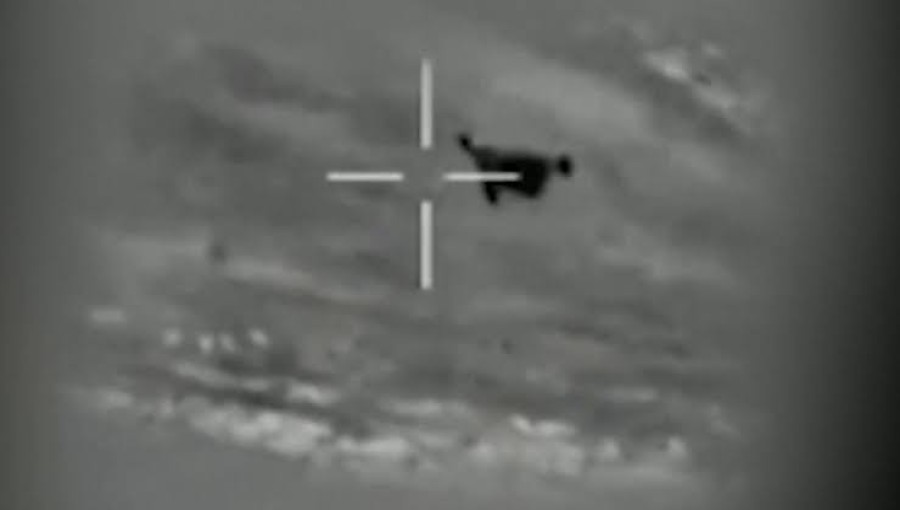

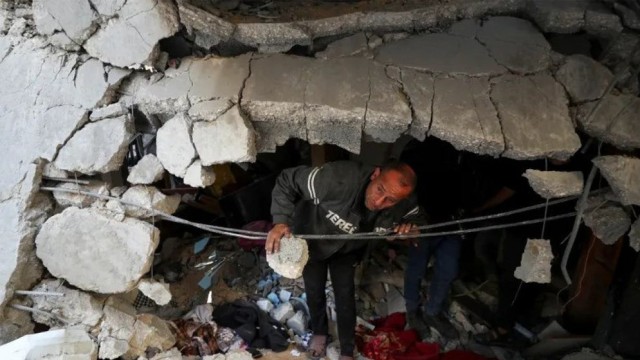
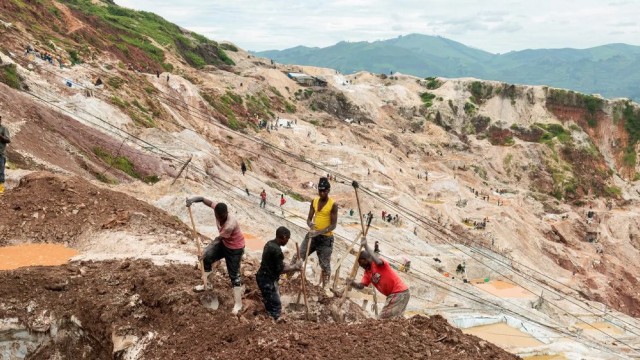

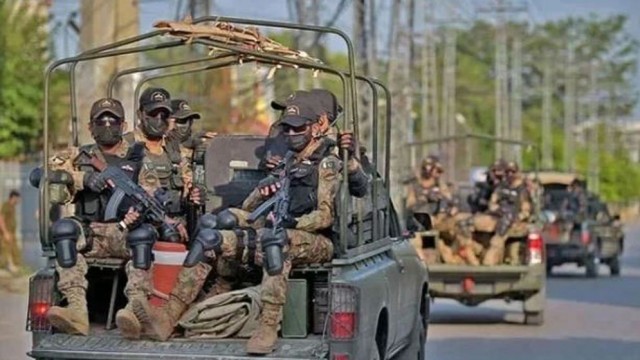




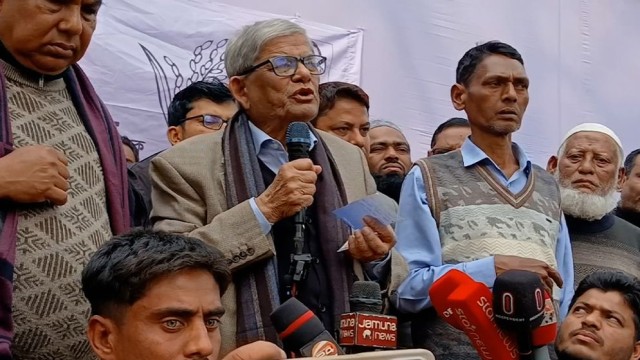

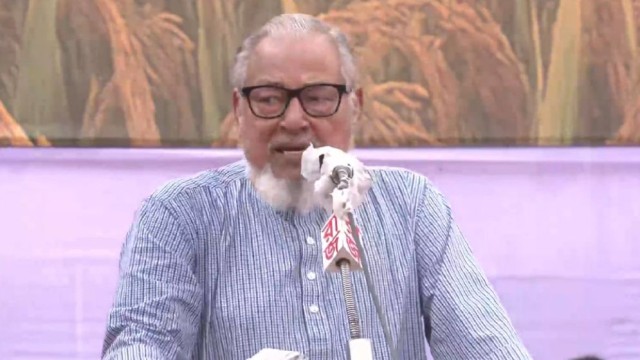



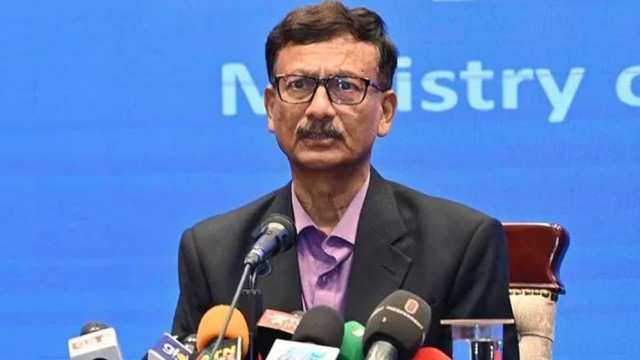




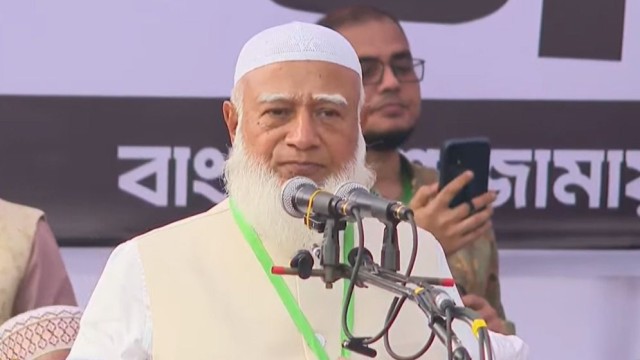
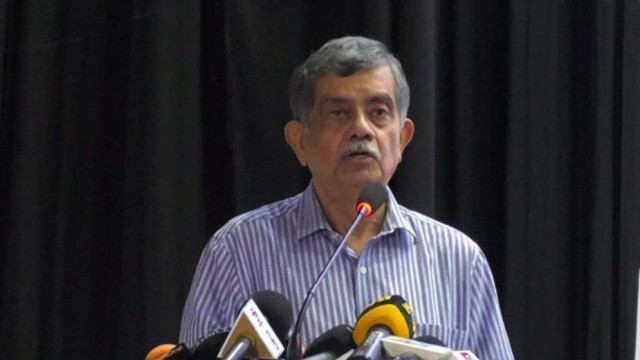




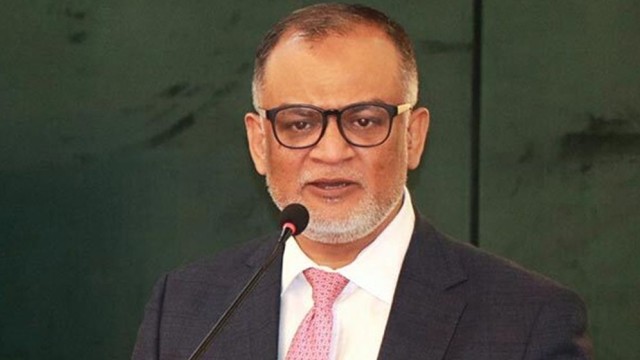
Comment: